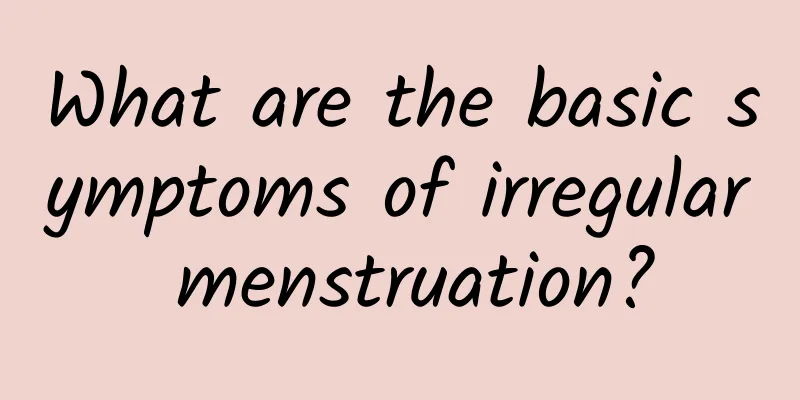What does perimenopausal syndrome mean?

|
Perimenopausal syndrome refers to a series of symptoms caused by disordered sex hormone levels or sudden low estrogen levels during the period of decreased ovarian function before and after menopause in women, usually including menstrual disorders, hot flashes, night sweats, dizziness, palpitations, etc. More than 50% of women will be affected by various symptoms during the perimenopause period, which may seriously affect their life and work status and affect their health. In addition to the above symptoms, there may also be vaginal dryness, urinary and reproductive system infections, irritability, anxiety, depression, headaches, difficulty sleeping and other discomforts. Some women may also experience osteoporosis, fractures, abnormal glucose and lipid metabolism, cardiovascular system diseases and other discomforts. Therefore, women with perimenopausal syndrome and obvious symptoms are advised to seek medical evaluation and consider hormone replacement therapy or symptomatic treatment with medications, such as tibolone tablets, estradiol patches, estradiol gel, oryzanol tablets, diazepam tablets, and estazolam tablets. |
<<: What does perimenopausal syndrome mean?
>>: Can a 17-year-old have endometriosis?
Recommend
Is amenorrhea a symptom of menopause?
Is amenorrhea a symptom of menopause? Menopause, ...
What to do if you have cervical precancerous lesions in late pregnancy
I believe that for every female friend, nurturing...
Create a body that's perfect for wearing lingerie! 4 home exercises to help you get rid of annoying waist and back fat
48-hand yoga - prepare for your next relationship...
What are the 3 signs of uterine fibroids? The most obvious symptoms of uterine fibroids
Uterine fibroids are a common gynecological disea...
What are the complications of hyperprolactinemia?
Gynecological experts say that prolactin (PRL) is...
What are the typical symptoms of invasive molar pregnancy?
What are the typical symptoms of invasive molar p...
What is the reason for the increase of hcg in laparoscopic surgery for ectopic pregnancy
Ectopic pregnancy is also called ectopic pregnanc...
What causes adenomyosis? How to treat adenomyosis?
What are the common symptoms of adenomyosis? Mens...
What is the cause of left ovarian cysts and who are the susceptible groups?
Left ovarian cyst is one of the common gynecologi...
Experts remind: The dangers of ectopic pregnancy should not be underestimated
There are many gynecological diseases that threat...
How to treat uterine fibroids after pregnancy? Symptoms of uterine fibroids after pregnancy
If you have uterine fibroids after pregnancy, fem...
Cervicitis may cause varying degrees of erosion
Cervicitis may cause different degrees of erosion...
What should patients with vulvar leukoplakia pay attention to in their daily lives?
What should patients with vulvar leukoplakia pay ...
Can I get pregnant normally with bacterial vaginosis?
Vaginitis is a very common gynecological disease....
Abnormal vaginal discharge but no test results
Abnormal vaginal discharge but no problem found i...









